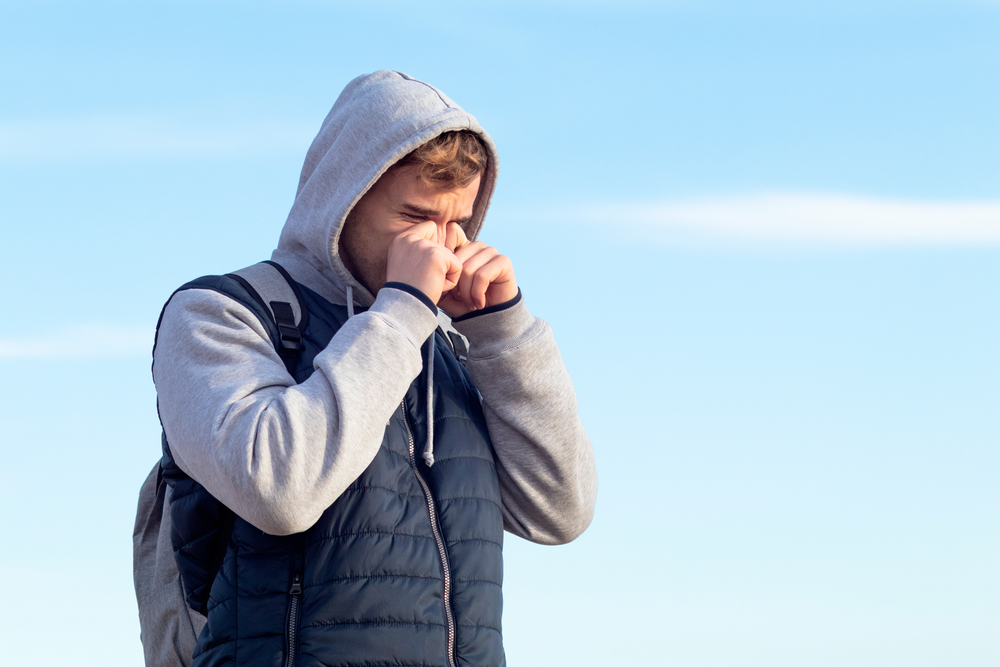
Dry eye is a condition that can affect an individual's quality of life. Patients experience itching, burning, and the sensation of something in the eye. Seasons can impact the severity or occurrence of dry eye.
People who suffer from the syndrome tend to experience worsening symptoms during winter. Cold and windy weather can exacerbate the symptoms, and indoor heating only worsens the situation.
Reasons for Dry Eyes
Dry eyes can happen throughout the year, but they are more common in winter. Most people use self-care or home remedies to treat the condition. It helps relieve mild dry eye symptoms. In some cases, the condition becomes severe, resulting in the need for medical care.
Reasons for dry eyes include glands along the eyelids failing to produce enough tears and tears drying too fast. Sometimes, tears fail to keep eyes wet effectively due to their poor quality. Some medications can cause the eyes to become dry.
Causes of Dry Eyes in Cold Months
There are several reasons for an increase in dry eye symptoms in cold weather. The weather and indoor heating are factors that worsen the condition. Cold temperatures and high winds blowing in the face can cause tears to dry out fast, causing dry eye.
Using indoor heating is common in cold weather. While this might keep the home comfortable, it can cause dry eyes. People also tend to keep windows closed in winter, reducing fresh air circulation and impacting eye health.
Symptoms of Dry Eyes
People with dry eyes experience several symptoms that range from mild to severe. The symptoms include:
Itchiness.
Grittiness.
Sore eyes.
Eye redness.
The sensation of something in the eye.
Excessive tearing.
Sensitivity to light.
Blurriness.
You must visit an eye doctor if you experience frequent or severe dry eye symptoms. The doctor can prescribe treatment to provide relief.
Battling Dry Eyes in Cold Weather
There are various treatments for dry eyes. Doctors recommend treatment based on the underlying cause and severity of the condition. Treatments include OTC medications or eyedrops, prescription eye drops, eye ointments, and tear duct plugs.
In severe cases, doctors may suggest surgery to correct the condition. Using a warm compress over the eyes every night can also help reduce the symptoms. If you wear contacts, consider switching to eyeglasses during winter.
Preventing Dry Eyes
There are things that you can do to prevent dry eyes. They include:
Avoiding direct heat from fans and hairdryers.
Blinking often to ensure thorough eye lubrication.
Taking frequent breaks when using digital devices.
Using a humidifier indoors.
Avoid smoking and smoke-filled rooms.
Wearing eye protection while outdoors.
Staying hydrated by drinking plenty of water.
Chronic dry eye syndrome can cause vision problems and affect eye health. If home remedies have failed to provide relief after several weeks, it is vital to contact an eye doctor. If dry eyes cause changes in your vision or interfere with day-to-day life, it is necessary to get treatment. The doctor will help determine the underlying reasons for the dryness before prescribing the most effective treatment.
For more on battling dry eyes in cold weather, visit Blue River Vision at our Silverthorne, Colorado office. Call (970) 451-0015 to schedule an appointment today.





